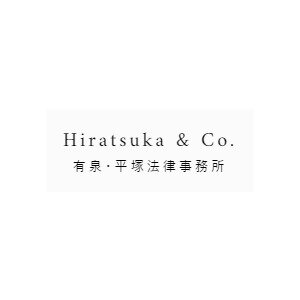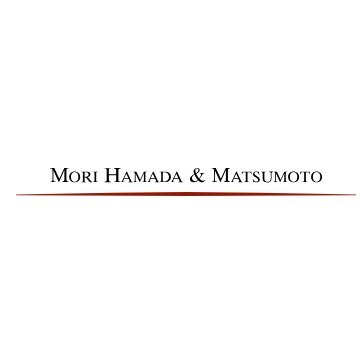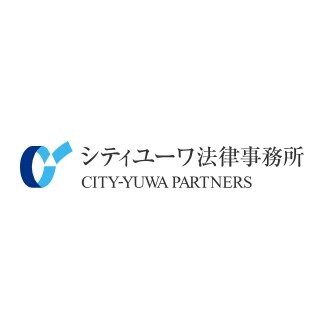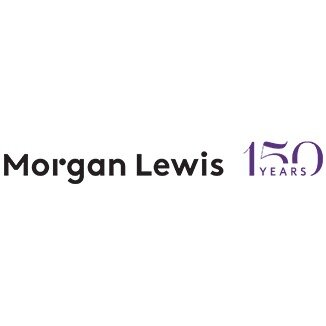Best Antitrust Lawyers in Chiyoda-ku
Share your needs with us, get contacted by law firms.
Free. Takes 2 min.
List of the best lawyers in Chiyoda-ku, Japan
About Antitrust Law in Chiyoda-ku, Japan
Chiyoda-ku is a special ward located in the heart of Tokyo, Japan, and is a significant business and financial district. Antitrust law in Japan, also known as competition law, is governed by the Japan Fair Trade Commission (JFTC) and is structured around the Antimonopoly Act (AMA). The goal of the AMA is to promote fair and free competition, prevent monopolization, and protect the interests of both consumers and entrepreneurs. The law applies to all corporations and individuals engaged in economic activities within Japan, making it highly relevant to businesses operating in Chiyoda-ku, including many national and multinational corporations.
Why You May Need a Lawyer
There are several situations in which individuals or businesses in Chiyoda-ku may require legal help regarding Antitrust issues. A lawyer can help in cases of merger control, where companies need to seek approval from the JFTC for a merger or business combination that may affect market competition. Legal advice may also be required when businesses face accusations of unfair trade practices, like price fixing, bid rigging, or abuse of dominant market position. In addition, compliance programs and internal company audits are crucial for preventing antitrust violations, and a lawyer can play a key role in structuring these programs.
Local Laws Overview
The Antimonopoly Act of Japan is the central piece of legislation governing antitrust matters in Chiyoda-ku and the entire country. It comprises regulations against private monopolization, unreasonable restraint of trade (such as cartels), and unfair trade practices. Additionally, the act has specific provisions for merger control, requiring companies to report planned mergers or acquisitions that exceed certain thresholds. The JFTC has the authority to investigate, provide guidance, issue cease and desist orders, and impose financial penalties for violations of the AMA.
Frequently Asked Questions
What constitutes a violation of the Antimonopoly Act?
A violation includes any practice that restrains competition, such as cartels (price fixing, output limitation), bid rigging, and abusive behavior by companies holding a dominant market position. Mergers and acquisitions that significantly reduce market competition may also contravene the AMA.
How does the Japan Fair Trade Commission enforce antitrust laws?
The JFTC enforces antitrust laws by conducting investigations, issuing warnings, and imposing penalties on entities that violate the AMA. They also oversee pre-merger notifications and can block or impose conditions on mergers that may lead to monopolization.
Can foreign companies be subject to Japan's Antimonopoly Act?
Yes, foreign companies conducting business in Japan or engaging in activities that have an effect on the Japanese market can be subject to the AMA and the jurisdiction of the JFTC.
What are the penalties for violating the Antimonopoly Act?
Penalties can range from administrative fines to criminal sanctions. The JFTC can also issue cease and desist orders and request that companies take measures to restore competitive conditions.
What should a company do if it discovers its own Antitrust violation?
It should immediately seek legal advice to understand the implications and consider applying for leniency by reporting the violation to the JFTC, which can result in reduced penalties.
Is it necessary to notify the JFTC before merging with another company?
Yes, if the merger meets certain thresholds related to domestic sales or capital, pre-merger notification is mandatory and must be evaluated by the JFTC.
What is a compliance program in the context of Antitrust law?
A compliance program is a set of internal rules and policies designed to help businesses adhere to Antitrust laws and avoid engaging in anti-competitive practices.
How often does the JFTC conduct investigations?
The JFTC conducts investigations as needed, based on reports, complaints, or its own initiatives to enforce the AMA. The frequency of investigations can vary depending on the sector and perceived levels of competition.
Does Japan have leniency programs for Antitrust violators?
Yes, Japan has a leniency program that offers reduced penalties to businesses that voluntarily report their involvement in unlawful activities like cartels.
What is the best way to find a qualified Antitrust lawyer in Chiyoda-ku?
The best way is to look for law firms that specialize in corporate law with a focus on Antitrust matters or have a strong reputation for dealing with the JFTC and related issues.
Additional Resources
The Japan Fair Trade Commission (JFTC) is the primary resource for information on Antitrust laws in Japan. It offers guidelines, policy documents, and news on recent cases and rulings. The Japan Corporate Legal Affairs Network and various legal associations in Tokyo can also be valuable resources for finding qualified Antitrust lawyers and understanding best practices.
Next Steps
If you need legal assistance in Antitrust, the next steps include identifying a reputable law firm with experience in Antitrust cases in Japan. It is advisable to compile all relevant information about your business activities and any specific issues or circumstances that may require legal scrutiny. Then, consult with your chosen lawyer to discuss your case and determine the best course of action to ensure compliance or address any existing legal issues under the Antimonopoly Act.
Lawzana helps you find the best lawyers and law firms in Chiyoda-ku through a curated and pre-screened list of qualified legal professionals. Our platform offers rankings and detailed profiles of attorneys and law firms, allowing you to compare based on practice areas, including Antitrust, experience, and client feedback.
Each profile includes a description of the firm's areas of practice, client reviews, team members and partners, year of establishment, spoken languages, office locations, contact information, social media presence, and any published articles or resources. Most firms on our platform speak English and are experienced in both local and international legal matters.
Get a quote from top-rated law firms in Chiyoda-ku, Japan — quickly, securely, and without unnecessary hassle.
Disclaimer:
The information provided on this page is for general informational purposes only and does not constitute legal advice. While we strive to ensure the accuracy and relevance of the content, legal information may change over time, and interpretations of the law can vary. You should always consult with a qualified legal professional for advice specific to your situation.
We disclaim all liability for actions taken or not taken based on the content of this page. If you believe any information is incorrect or outdated, please contact us, and we will review and update it where appropriate.














